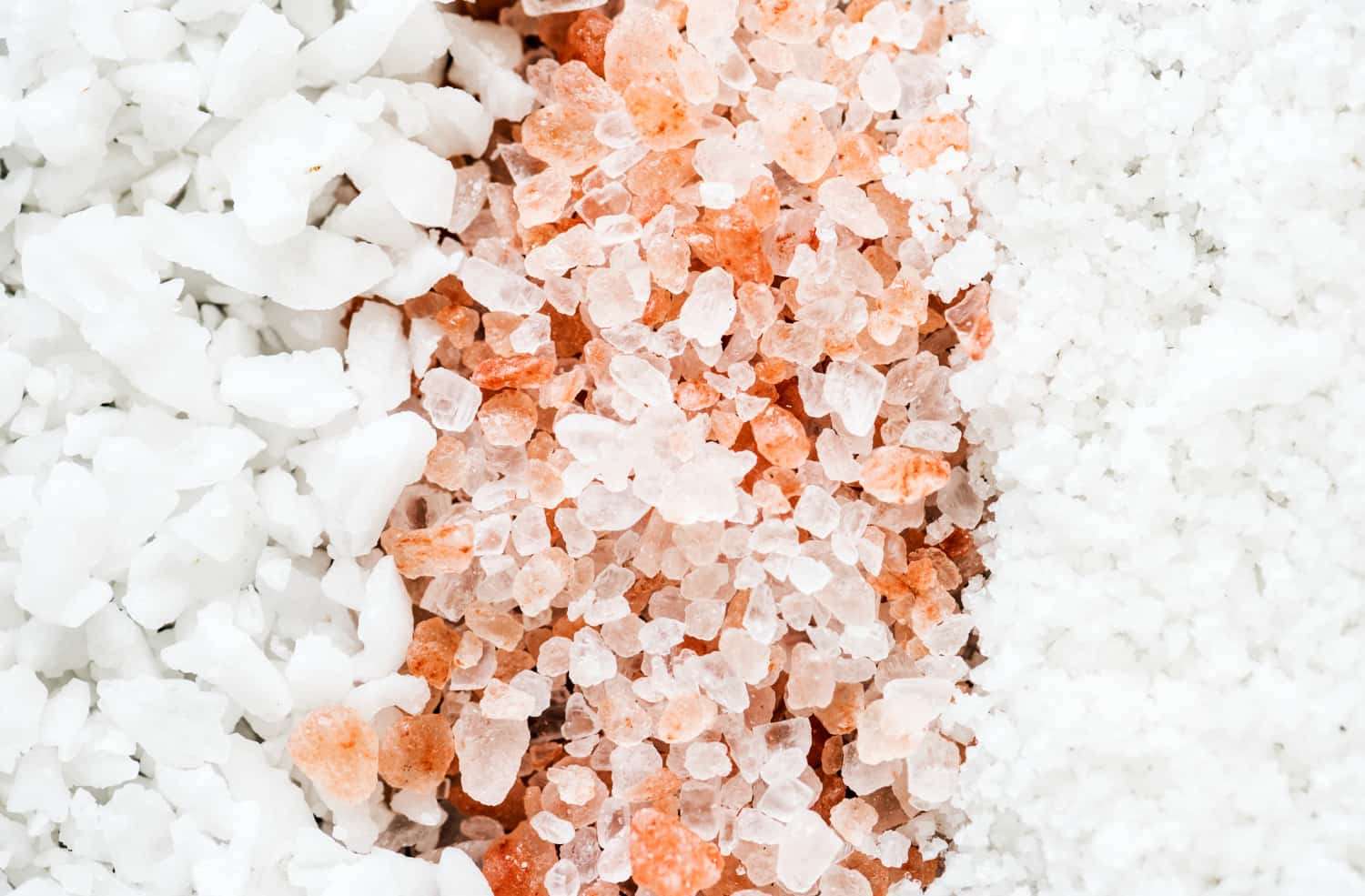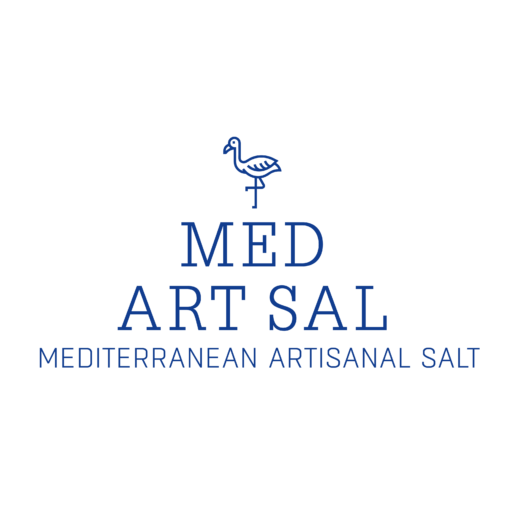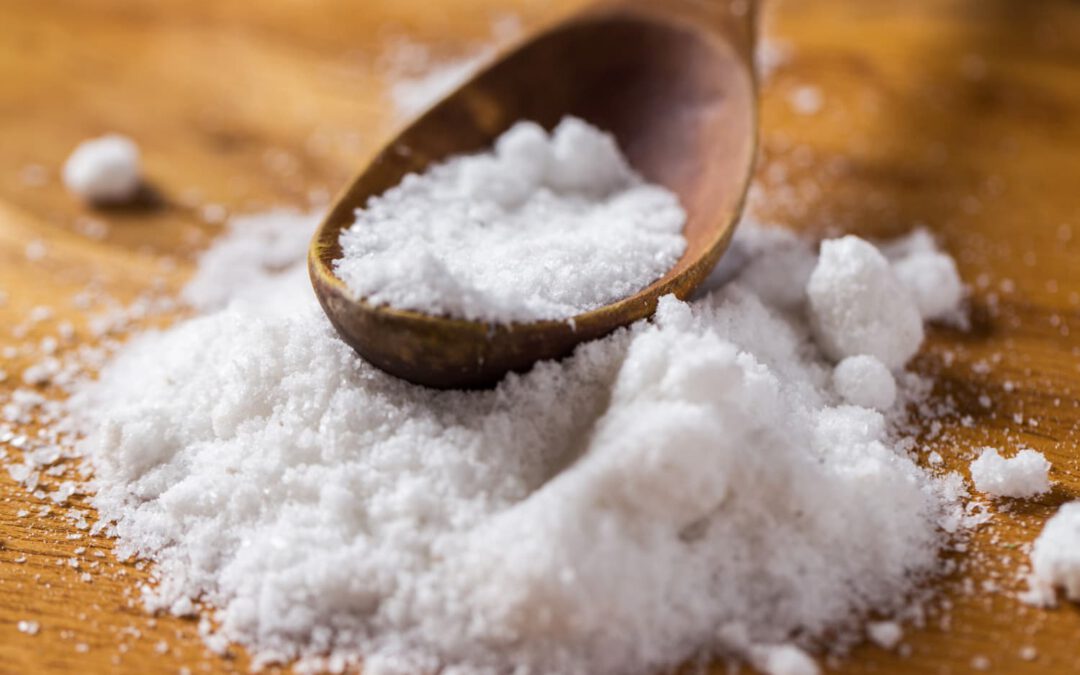Sea salt. A faithful companion of the mankind and food that, for thousands of years, have spiced up our lives and have offered us multiple benefits for our body. Highly appreciated and exotic in its beginnings, salt came to be considered became considered very important in ancient times as it allowed to preserve food for a longer time and was even used as a form of payment for the soldiers, hence the word “salary”.
Today, sea salt has various uses in gastronomy and cosmetics and has a large number of properties that can promote your and your family’s health. This precious natural product is part of the diets of millions of people around the world. But there are also people who have superstitions about salt, and attribute spiritual and supernatural properties to it, such as the ability to protect us against ghosts or evil spirits. Hence, we throw salt over our shoulders when we drop it or we believe that that salt may bring us good or bad luck.
Some benefits that salt can provide you
• Treatment for irritated and dry skin
One of the best properties of sea salt is its high mineral content. This makes it an ideal treatment to alleviate skin diseases.
• Helps protect cardiovascular health
Low-salt diets are associated with increased insulin resistance in healthy people, which could ultimately lead to the development of diseases such as cardiovascular ones or Type II Diabetes.
• Allows the absorption of nutrients in the intestine
This is another of the properties of sea salt thanks to its sodium content. Sodium allows the body to absorb nutrients we consume through intestine.
• It is necessary for proper muscle and nervous system function
The body uses salt to balance body fluids and maintain and adequate level of blood pressure, which is essential for the proper functioning of the muscles and the nervous system.
• Provides energy
This is because this mineral helps us achieve the necessary balance between potassium, calcium, chloride and sodium.
• Helps with hydration
Sodium stimulates water absorption and contributes to its retention before, during and after exercise. The addition of salts to beverages increases water retention. The compensation of salt lost in sweat helps maintain blood volume.
• Helps prevent osteoporosis
The consumption of salt is necessary to keep the bone system in optimal conditions, preventing the loss of water and sodium, one of the main causes of osteoporosis. Its regular intake also prevents the appearance of cavities, contributing to our dental health.
• Improves digestion
This is due to the work it does in the presence of enzymes and how sodium assists in the absorption of nutrients. Likewise, its contribution of potassium helps the body to more easily absorb this mineral from other foods.
• Allows you control cholesterol levels
Low sodium levels may cause an increase in cholesterol and triglycerides in the bloodstream and also lead to hormonal imbalance.
• Helps strengthen the immune system
The rich composition of sea salt is important for nourishing the cells of our body, as it provides them with the minerals they need to function, thus strengthening them.
• It has anti-inflammatory and relief effects on muscle pain
Among all the minerals found in sea salt we can find potassium and magnesium. There minerals are of great assistance in maintaining the proper functioning of the muscles of the human body.
• Functioning of neurons
Sodium, which can be found largely in sea salt, is part of the process of generating electrical stimuli of neurons. These stimuli are part of the nerve transmission processes.
• Regulates the sleep
Salt also activates the production of serotonin and melatonin, essential hormones to achieve a state of relaxation and sleep well, necessary for the rest of the body.

It is because of the benefits of sea salt that it is an essential ingredient in many home-made remedies to treat health or speed up household cleaning. Likewise, it is an important part in several industries, where it ensures the correct functioning of chemical processes or the production of other materials.
But not just any salt is valid. As we have explained in previous posts, there are notable differences between the different types of salt. Artisanal sea salt contains unique chemical qualities that table salt lacks. It preserves all the trace elements and minerals present in the seawater due to its artisanal collection, which is why it is considered a nutritionally “healthier” salt that other processed ones. You can read more about differences between industrial and artisanal salt here.
However, we must keep in mind that everything good has a limit. Sea salt is full of properties that are beneficial to the human body, but everything should be consumed in moderation. Health specialists recommend a maximum amount of consumption per day that we must respect. The World Health Organization (WHO) recommends a maximum intake of 5 grams of salt per day. This amount may vary depending on our current health status or if we suffer from disease related to sodium or salt consumption. For this reason, there are circumstances where the amount that is ingested daily should be reduced or maintained. We must bear in mind that the salt that we generally add to our dishes accounts for only 20% of the total we eat. The rest is consumed through manipulated products.


